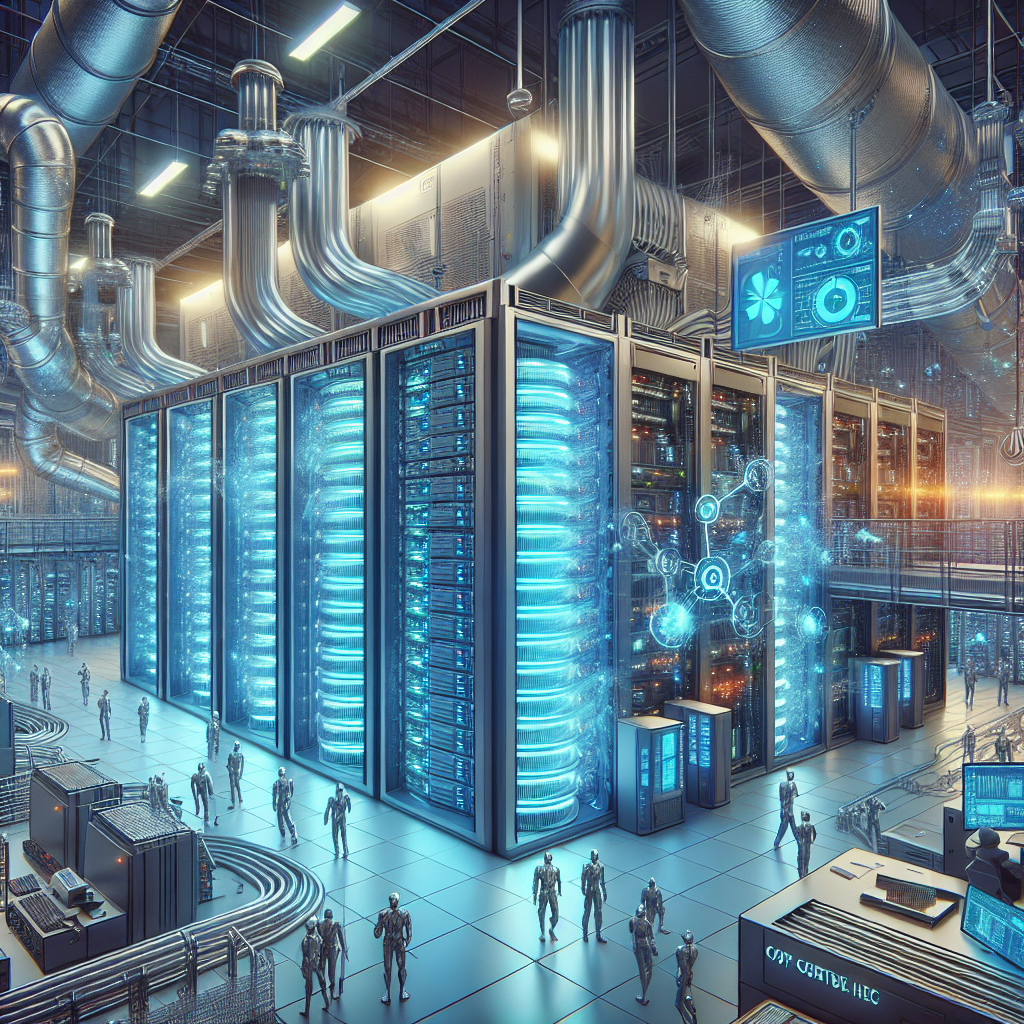Your cart is currently empty!
The Future of Data Center HVAC Technology

The Future of Data Center HVAC Technology
Data centers play a crucial role in our increasingly digital world, serving as the backbone for many of the applications and services we rely on every day. With the exponential growth of data being generated and stored, the demand for data centers continues to rise. As a result, the need for efficient and reliable cooling solutions for these facilities has become more important than ever.
HVAC (Heating, Ventilation, and Air Conditioning) systems are a critical component of data center infrastructure, as they help regulate the temperature and humidity levels to ensure optimal performance of the servers and other equipment housed within the facility. Traditionally, data center HVAC systems have relied on large, energy-intensive cooling units to maintain the required conditions. However, as data centers become larger and more complex, the industry is looking towards innovative technologies to improve efficiency and sustainability.
One of the key trends shaping the future of data center HVAC technology is the adoption of liquid cooling solutions. Liquid cooling offers a more efficient way to remove heat from servers compared to traditional air cooling methods. By directly cooling the components with liquid, data centers can achieve higher thermal efficiency and reduce overall energy consumption. Liquid cooling also allows for higher density server configurations, enabling data centers to maximize their computing power within a smaller footprint.
Another emerging technology in data center HVAC is the use of AI (Artificial Intelligence) and machine learning algorithms to optimize cooling operations. These intelligent systems can analyze real-time data from sensors and adjust cooling settings accordingly to maintain the ideal temperature and humidity levels. By continuously fine-tuning the HVAC system based on workload demands and environmental conditions, data centers can achieve significant energy savings and improve overall performance.
In addition to liquid cooling and AI-driven optimization, data center operators are exploring other innovative HVAC solutions such as free cooling and heat reuse. Free cooling utilizes ambient air or water sources to cool the facility without the need for mechanical refrigeration, reducing energy costs and environmental impact. Heat reuse involves capturing and repurposing the waste heat generated by servers for heating applications, further improving efficiency and sustainability.
As data centers continue to evolve and expand, the demand for advanced HVAC technologies will only increase. By investing in innovative cooling solutions, data center operators can not only improve energy efficiency and reduce operating costs but also contribute to a more sustainable future. The convergence of liquid cooling, AI optimization, and other cutting-edge technologies will shape the next generation of data center HVAC systems, ensuring that these critical facilities can meet the growing demands of the digital age.

Leave a Reply